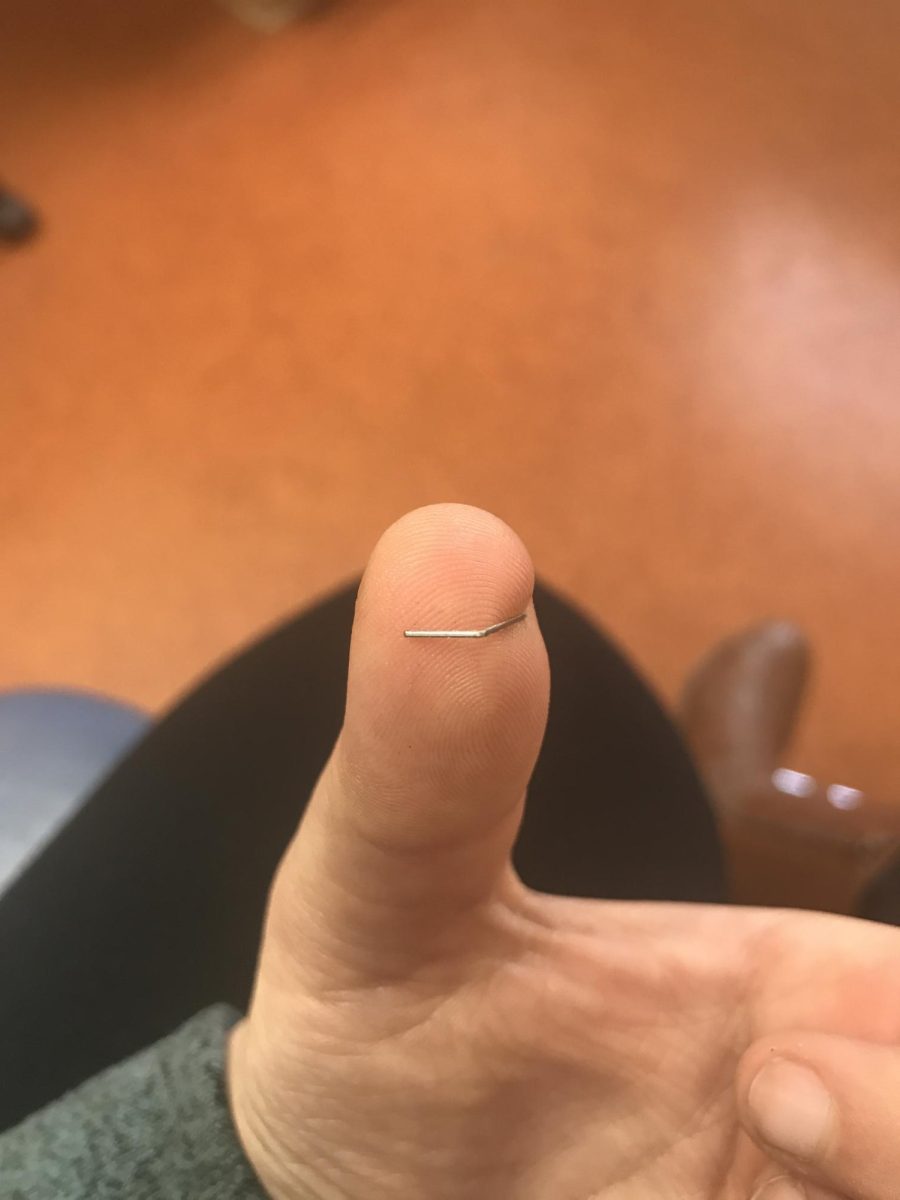The clock ticking starts to get louder. The student’s heart is pounding and their thoughts start to race. They start to lose control of their breathing. This is what anxiety can feel like for many people on a daily basis.
According to The National Institute of Mental Health, an estimated 31.9% of adolescents from ages 13-18 suffer from an anxiety disorder across the United States.
A Fielder survey of 141 students shows 53.9% have anxiety and 30.5% believe they might.
“I feel like for a lot of people anxiety can be crippling, but I feel like people also need to address that anxiety can come and go but also linger with you,” Brooke White, senior, said. “While you’re moving through day to day life you can carry it with you and let it build up without even realizing it. It doesn’t always show as an anxiety attack, but it does accumulate and it is hard to manage.”
There are many benefits to seeking assistance for mental health struggles. Having a strong support system provides teens with the skills they need to better manage their mental health.
“High school students can benefit significantly from seeking counseling, as it provides crucial support for their emotional, social, and academic well-being. Benefits include stress and anxiety management, improved mental health, identifying difficulties or barriers to success, conflict resolution, and so much more,” Alexa Diaz, counselor, said. “Mental health is just as important as physical health and should be prioritized.”
Students can access a request form to meet with their counselor or social worker.
“If feasible, outside talk therapy is also recommended,” Julie Bortoli, counselor, said. “It’s important to remember not to shy away from the things that increase anxiety because that can only increase symptoms in the long run.”
Students also believe there are advantages to seeking counseling. Several students have benefited from the support of their counselors.
“I do believe that the counselors help students with anxiety. I have gone to my counselor for help and she has given me various resources and tips and helps talk through things I’ve had questions about,” Molly Gieseke, senior, said.
“I feel like the school counselors do a fantastic job. They have personally helped me a lot,” White said.
While there are countless obstacles teens face on a daily basis, there are several things students can do to improve their mental health and to handle stress levels.
“Teens face many unique challenges, and it’s important to remember that all of the micro decisions you make everyday can help keep anxiety in check. Getting 8 hours of sleep, staying hydrated, eating healthy foods and staying consistent with a healthy exercise routine and managing your time and studies well will help you stay balanced,” Bortoli said. “ If you are feeling overwhelmed, talk it out and practice healthy coping skills. Just stay encouraged and do the next right thing.”
Every teen’s life is different, so different coping strategies work better for others, so students try to find the skills that work best for them.
“I struggle the most with time management, so I make a lot of lists. I like to complete more important things first to help manage my anxiety,” Christian Mikos, sophomore, said.
“I tend to overthink and it can get overwhelming. I try to stop it in its tracks and if not I use coping strategies like counting to ten to calm myself down,” Garret Smolar, junior, said.
Although teens tend to bottle up their negative emotions as a quicker way to deal with problems, it is more detrimental to ignore stress and it can lead to mental health becoming harder to manage over time.
“It is pretty common for students to stuff their negative emotions and not process them. Denying ugly truths is a good way of avoiding. However, when you do that repeatedly, stress can manifest into other issues such as insomnia, anxiety, depression, and other physical health problems,” Bortoli said. “It is much healthier to reduce the tension by practicing healthy coping skills.”
“I’ve struggled with mental health for awhile, but only now I am really dealing with it. I used to shove it all in, which isn’t helpful,” White said.
Even though it can be difficult to open up, people find it is relieving to have someone else know their struggles. Talking to someone can be the first step.
“For students who struggle to open up, it is helpful to remember that vulnerability is a strength, and talking about their feelings can lead to relief,” Bortoli said. “I would encourage small, manageable steps like journaling, talking to a trusted person. Opening up is the first step in getting support.”
“I recommend telling people about your anxiety. I feel like if you have at least one person who knows about your struggles, it helps you feel less alone,” Gieseke said.









